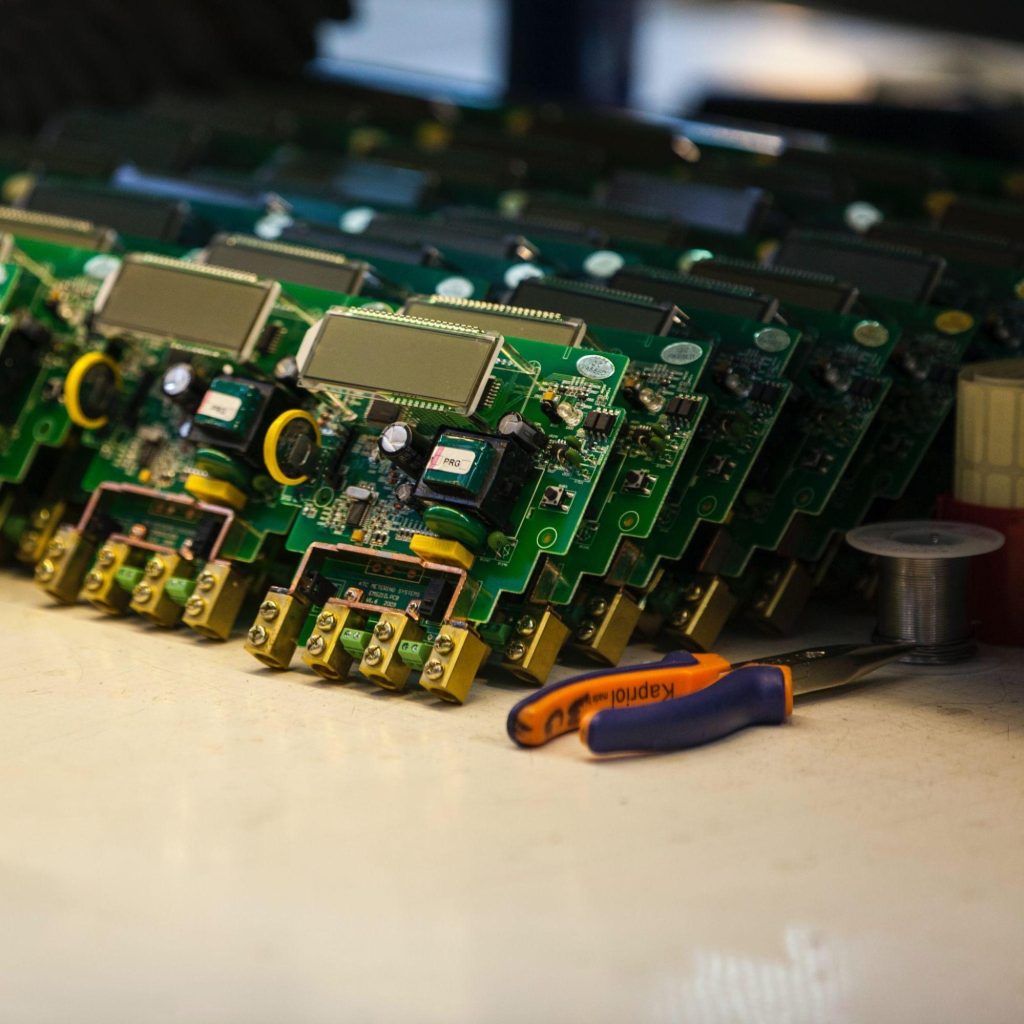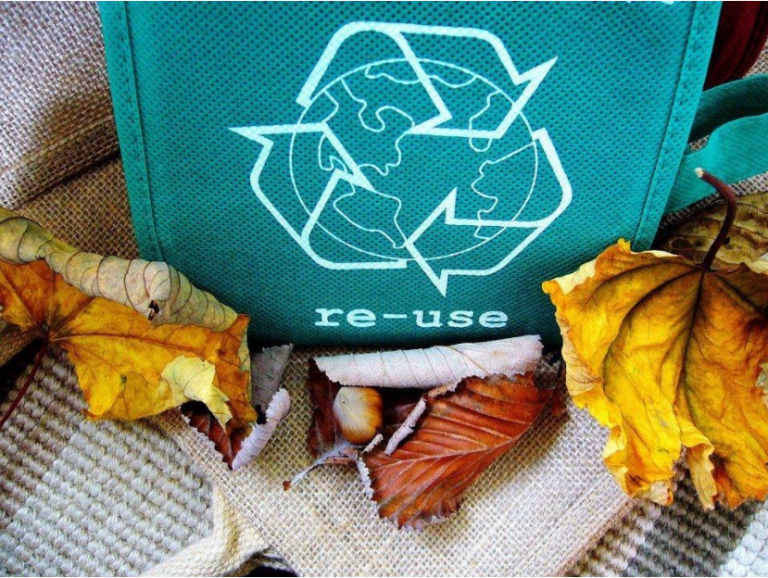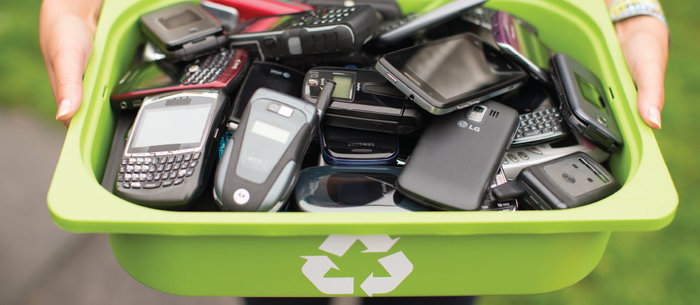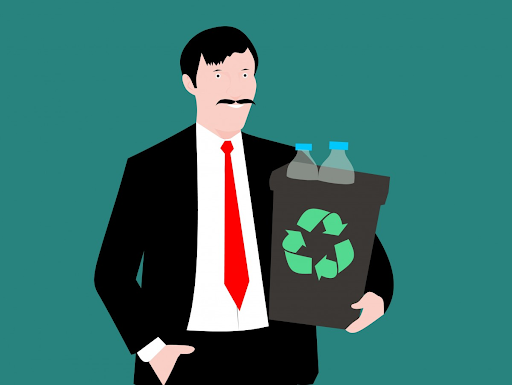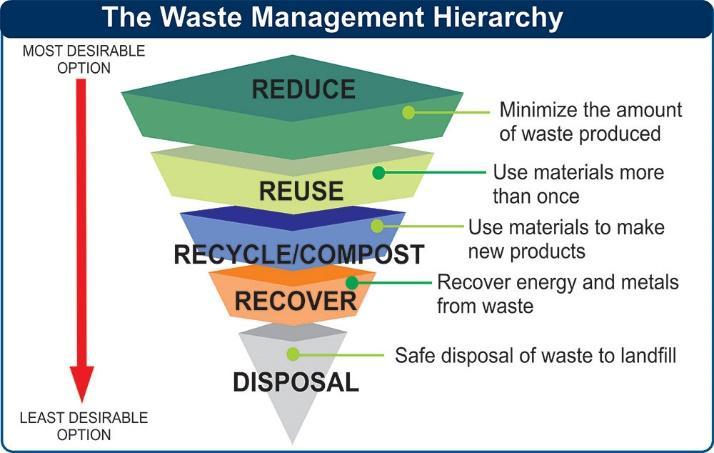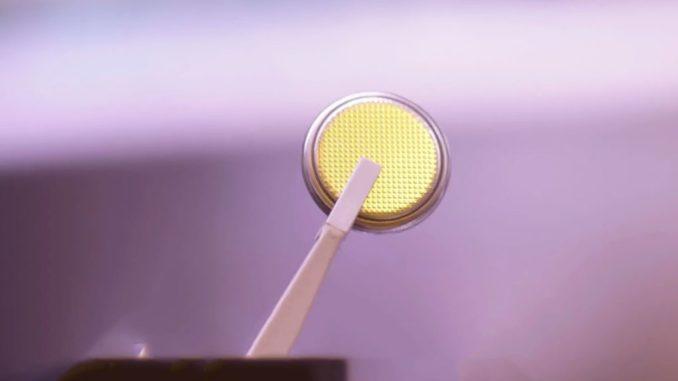Recycling of technological waste

Recycling is something new and modern these days, but does it make sense and what do we need to know? This is an interesting and quite wide-ranging, often quite controversial topic.
Today we will talk about a specific subsection of recycling , namely processing of technological waste or so-called electrical and electronic equipment.
The list of devices that fall into this category is quite long, but we will focus on the most basic products belonging to it.
Recycling of household appliances, such as refrigerators, stoves, dishwashers, air conditioners and many others is something that has been considered by a number of authorities in recent years. and structures so that the path of these devices does not end at the landfill or – worse – somewhere in the wild.
Instead, recycled materials should be maximized, and toxic substances in the equipment – disposed of.
Waste recycling – why is it important?
What does the recycling of technological waste actually require? In the modern world, overdeveloped technologies are on the one hand an advantage for humanity and on the other – a problem for the environment. In no case should the effect of the constant moral obsolescence of household appliances and technology.
Sometimes this is done for purely marketing purposes and manufacturers release more and more new models of each series each year. This rapid progress can be extremely detrimental to the harmony and purity of nature.
By flooding us with new and new products, the market stimulates us to buy more and more , throwing away the old that accumulates in the environment.
This happens to small devices like phones and laptops, but they are so massive that they contain huge amounts of recyclable materials . Did you know, for example, that every few million devices can potentially be recycled? get over 30 kg of gold and over 10 kg of palladium and other valuable items?
On the other hand, even computer programs and software are updated so often and in search of even greater efficiency and new heights, we need more and more powerful computers.
Something similar is happening on the front of computer accessories and peripherals . In recent years, trends in televisions and monitors, for example, have changed several times, as a result of the accumulation of rapidly obsolete and random equipment.
The issue of e-waste recycling is on the world stage and is subject to serious discussions by major powers such as USA, China, EU , Russia, India, Africa and others.
International organizations are trying to regulate the treatment of WEEE through regulations oblige the Member States concerned to comply with them when managing waste from technological products, as this is the industrial sector that is one of the most polluting.
The European Union has, for example, adopted a directive regulating the treatment of such waste. The rules are detailed so that all members of the community need to follow them.
In the first place is the need to preserve the environment and the ecological balance of the Earth . This is a very serious and very pressing issue, which makes it a major topic of discussion at a number of international meetings. This is due to the fact that in recent years the pollution of the planet has become enormous. It threatens everything we know.
Starting with the ozone layer, which is disrupted by the use of harmful gases, for example, in refrigeration, and ending with the battery of each electronic vape we buy and smoke for no and week.
The other significant problem is the not so good, old acquaintance of environmentalists – plastic . A large percentage of electrical appliances are made of different types of polymers. In a large percentage of cases these materials cannot be recycled so that they can be reused.
In addition plastic makes it very difficult to separate recyclable materials. In this way, the tons of plastic and other components inseparable from it turn out to be deposited together with ordinary household waste.
As we all know, plastic thrown into nature decomposes slowly and over time it breaks down into micronutrients that cannot be broken down and get into the stomachs of animals, accumulate in the soil and water, and from there reach our own body.
Another very serious problem – third in order, but not in importance, are toxic chemicals and metals . Unfortunately, to this day, many appliances are still made of harmful materials such as lead, lithium, nickel, etc.
In addition to valuable items, computers and other small appliances also contain cadmium, lead, chromium and others that cause irreversible effects on the environment.
Due to the accumulation of lead in the waters of the People’s Republic of China clean water had to be carried from far away in places where there was a oversaturation of groundwater with the toxic element.
Types of e-waste
They are divided into the following several types:
- Large home appliances – no need to go into too much detail. It is clear to all of us that they contain materials that should be recycled and / or disposed of.
- Small household equipment – this includes all kinds of small and medium appliances that we use in everyday life at home, such as mixers and kitchen helpers, coffee machines, multicookers , toasters and bakeries, microwave ovens and more. When they are no longer working, their place is with other electrical appliances, not with ordinary waste.
- Lighting bulbs and appliances
- Telecommunication equipment
- Amateur power tools, etc.
- Medical and laboratory equipment
- Multimedia toys
- Self-service retail machines
How to get rid of e-garbage?
When we run an office, we are regularly worried about what to do with the equipment that has already fulfilled its role and just needs to go?
Because the law does not allow the arbitrary disposal of obsolete technological devices , some companies decide to store waste for a while.
However, we should not allow waste to take up space that our business can use for its intended purpose, instead of a warehouse for junk.
As for home appliances, they always leave just when we least expect it. When that moment comes, we must be prepared to act. Rarely is there extra space in our home to borrow from a “retired” washing machine that is no longer working.
There are contracting companies that can help you by transporting your office and computer equipment to the relevant landfills for recycling.
Photos: Unsplash.com


